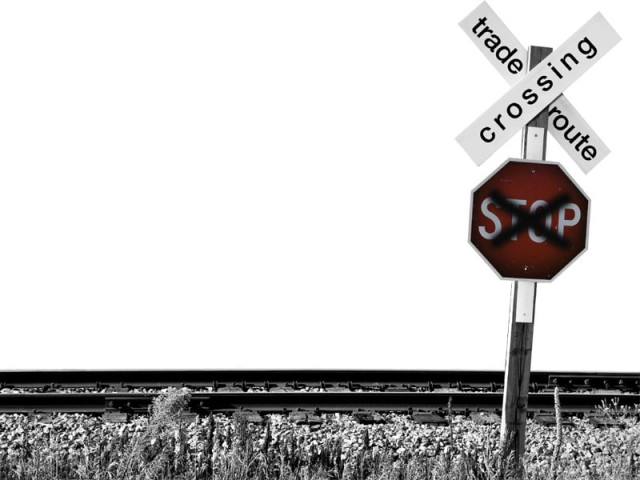Trade with South Asia: Pakistan to cut tariff lines to only 100 by April 2013
Sensitive list under the SAFTA agreement will also be reduced to 100 items by 2017.

In line with the South Asia Free Trade Area (Safta) agreement, Pakistan is going to cut 800 current tariff lines down to only 100 by April 2013, while the sensitive list under the SAFTA agreement will also be reduced to 100 items by 2017, Naeem Anwer, a trade minister attached with the Pakistan High Commission in New Delhi, revealed on Tuesday.
He was speaking at the office of the Karachi Chamber of Commerce and Industry (KCCI).
Anwer said that air travel between India and Pakistan is going to increase in the near future, as both public and private airlines want to increase their presence in each other’s country. “With the liberalisation of the visa regime, Air India and other Indian airlines have shown interest in starting operations in Pakistan,” he said.
He reiterated the government’s stance that Pakistan will abolish its negative list of tradable items with India by December 2012. “The Government of Pakistan is also considering allowing all tradable items to pass through the Wagah border,” he revealed.
He mentioned that three recently-signed agreements between the two governments – the Customs Cooperation Understanding, Agreement on Mutual Recognition and Agreement on Redressal of Grievances – will be implemented after completion of all legal formalities.
Highlighting latest developments in bilateral relations between India and Pakistan, he elaborated that the two countries have prioritised the opening of bank branches in each other’s country and will do so by March 2013.
“National Bank of Pakistan and United Bank will open branches in India, while the State Bank of India, Bank of India and the Punjab National Bank will open branches in Pakistan,” Anwer revealed.
“The Indian government has also allowed Pakistani investors to invest in India through the Indian Board of Investment Promotion,” he added.
“Both Indian and Pakistan investors are keen for investment in this regard.”
He stated that the commerce secretary had instructed him to brief all chambers of commerce in Pakistan about latest developments in bilateral trade ties between the two countries.
He informed that according to the new visa policy, small category businesspersons – those having a net income of Rs0.5-3 million – will be given one-year visa for five cities with four entries and will be required to report their movement to the police.
For businesspersons with net income beyond Rs3 million, a one-year multiple-entry visa for 10 cities will be issued, which will also be exempt from police reporting. “An authority that will verify declared income is under consideration,” he added.
He also sought proposals from the KCCI in identification of products, logistics data, warehousing facilitates and information on required infrastructure pertaining to trade through the Khokrapar-Monabao border, which is under consideration by the two governments.
He informed the gathering that the role of commerce chambers in India had been transformed. They are now less dependent on subscriptions and generate billions of rupees in income through exhibitions, fairs and event management, he said.
He said India was offering huge subsidies on exportable items, therefore, Pakistani businesses should be cautious of the influx of Indian goods, keeping in view the viability and price-competitiveness of identical domestic items.
He also asked members of the KCCI to study the Indian models of joint ventures in business, if they are interested for the same with their Indian counterparts.
On the occasion, KCCI President Muhammad Haroon Agar said that fostering regional trade and economic cooperation between Pakistan and India will bring peace and prosperity to the region.
“It is the need of the hour that both governments, besides opening new land routes, should positively consider connecting Mumbai with Karachi through air and sea links, as our businesspersons are serious on importing from India what is being imported from China and other countries,” he said.
Published in The Express Tribune, October 10th, 2012.



















COMMENTS
Comments are moderated and generally will be posted if they are on-topic and not abusive.
For more information, please see our Comments FAQ